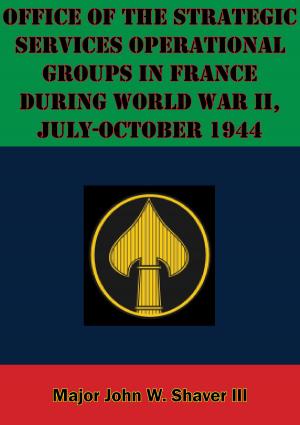On Two Fronts - Being The Adventures Of An Indian Mule Corps In France And Gallipoli
Nonfiction, History, Military, World War I, Germany, British| Author: | Major Heber Maitland Alexander | ISBN: | 9781782891628 |
| Publisher: | Lucknow Books | Publication: | June 13, 2014 |
| Imprint: | Lucknow Books | Language: | English |
| Author: | Major Heber Maitland Alexander |
| ISBN: | 9781782891628 |
| Publisher: | Lucknow Books |
| Publication: | June 13, 2014 |
| Imprint: | Lucknow Books |
| Language: | English |
Men from all around the far reaches of the British Empire flooded into the ranks of the British army for the titanic struggle against Germany and her allies during the First World War. Ghurkhas from Nepal, Men of the Punjab, Rajputs, Dogras and Pathans volunteered to fight in the Indian regiments destined for service across the wide oceans in Europe. The men found warm comradeship with the Tommies who fought beside them, cold climates in Flanders and Belgium, and hellishly hot fighting against the enemy.
Major Maitland was an officer in the Indian Army attached to the supply corps bringing vital arms, ammunition and food to the front-line. The job was certainly not a sinecure as the supply depots were often not out of range of the enemy’s guns, particularly at Gallipoli. He tells his story with great detail, probably based on a diary or notes that he took at the time. His book is particularly interesting regarding the hellish conditions at Gallipoli - in fact, so interesting that the official Australian Government Anzac site quotes from his book.
Essential reading.
Men from all around the far reaches of the British Empire flooded into the ranks of the British army for the titanic struggle against Germany and her allies during the First World War. Ghurkhas from Nepal, Men of the Punjab, Rajputs, Dogras and Pathans volunteered to fight in the Indian regiments destined for service across the wide oceans in Europe. The men found warm comradeship with the Tommies who fought beside them, cold climates in Flanders and Belgium, and hellishly hot fighting against the enemy.
Major Maitland was an officer in the Indian Army attached to the supply corps bringing vital arms, ammunition and food to the front-line. The job was certainly not a sinecure as the supply depots were often not out of range of the enemy’s guns, particularly at Gallipoli. He tells his story with great detail, probably based on a diary or notes that he took at the time. His book is particularly interesting regarding the hellish conditions at Gallipoli - in fact, so interesting that the official Australian Government Anzac site quotes from his book.
Essential reading.
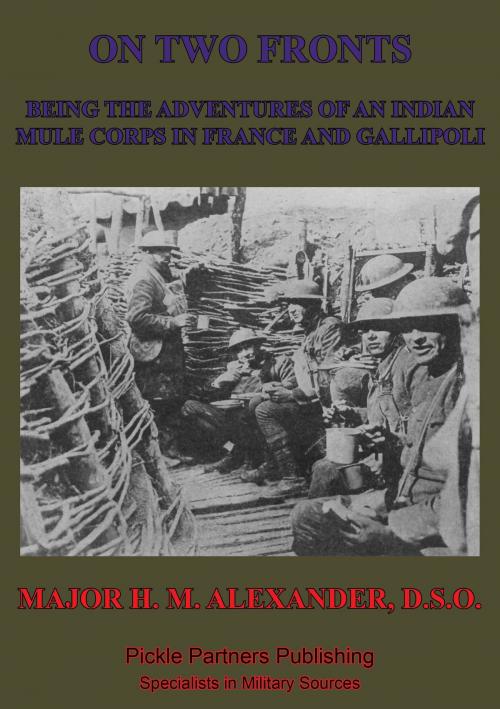



![Cover of the book Adventures In Propaganda; Letters From An Intelligence Officer In France [Illustrated Edition] by Major Heber Maitland Alexander](https://www.kuoky.com/images/2013/march/300x300/9781782890652-UHRZ_300x.jpg)
![Cover of the book I Dream Of The Day - Letters From Caleb Milne - Africa, 1942-1943 [Illustrated Edition] by Major Heber Maitland Alexander](https://www.kuoky.com/images/2014/august/300x300/9781782895602-vFFF_300x.jpg)
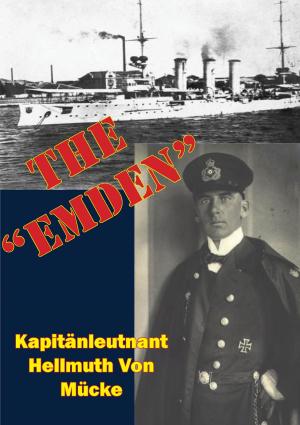
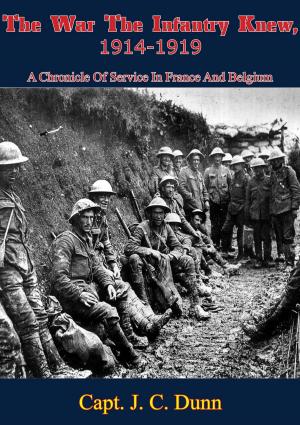

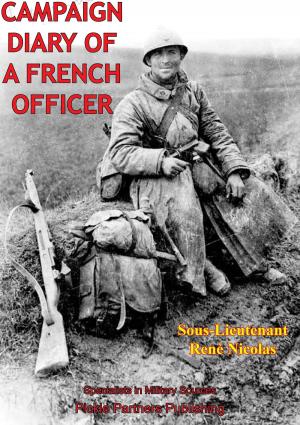
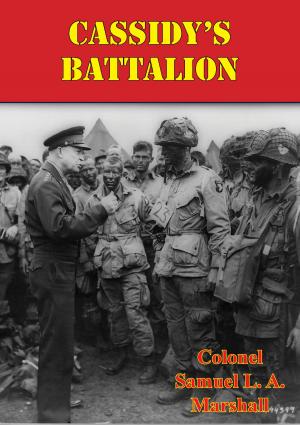
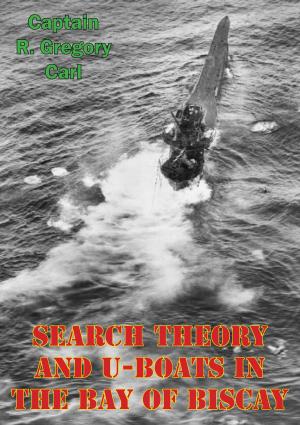


![Cover of the book The AAF In The Invasion Of Southern France [Illustrated Edition] by Major Heber Maitland Alexander](https://www.kuoky.com/images/2014/august/300x300/9781782894650-JNFf_300x.jpg)
